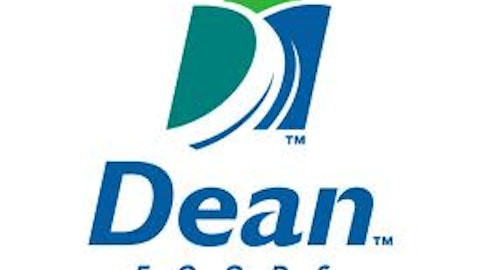
Socially responsible investing (SRI) is an investment plan that tries to balance financial returns with social benefits. Some have also labeled this as sustainable, socially conscious, or ethical investing.
This investment strategy focuses on issues like corporate governance, consumer protection, employee treatment, and broader matters like social justice, environmental stewardship and human rights. Moreover, SRI also considers shareholder advocacy and community investing.
These ideals may seem lofty, but the collapse of the financial system in 2008 and the wave of legal and ethical transgressions that have surfaced since then have caused some investors to reconsider how to invest.
Essentially, the goal of SRI is to invest in companies or mutual funds that treat people with respect. In particular investors concerned with ethics hope to avoid investments that might cause suffering, damage the planet, mistreat workers and customers, and violate the law.
So people must take responsibility for their investments, hold onto their values and aim to make money. In particular mutual funds referred to as “socially screened funds” consider these values in their asset allocations. But the options are somewhat limited as the number of socially screened funds is small compared to the broader fund sector.
In fact, such funds account for less than 1% of the fund industry according to the Social Investment Forum. However, the total assets of these funds continue to grow. In 1995, there were only 55 mutual funds dedicated to SRI, with $12 billion in assets. Now there are more than 490 with assets close to $570 billion.
Let’s take a look at some companies and socially screened funds that have a good track record of balancing ethics with being profitable.
Socially Responsible Companies
Starbucks Corporation (NASDAQ:SBUX) has long made a connection between profits and its societal role across the globe. The coffee retailer does business in 60 countries. It has gained market share because of quality coffee products (depending on one’s taste) and its work culture – all employees are offered health insurance. But it did take prodding from environmental groups to push Starbucks Corporation (NASDAQ:SBUX) to buy coffee beans from small farmers above market rates.
On the profit side, the coffee chain recently reported profits of $390.4 million, or 51 cents a share, up from $309.9 million, or 40 cents share, a year earlier. Adjusted earnings were 48 cents a share, revenue in the quarter rose 11% to $3.56 billion. Starbucks Corporation (NASDAQ:SBUX) expects full-year earnings of $2.12 to $2.18 a share – higher than its earlier forecast of $2.06 to $2.15 a share. At the current share price hovering at $60.50, which is an all time, this might be a plateau.
So investors should be thinking long term. Future growth depends on three factors – expansion of its “ready to drink” brew into the retail sector, expanding Starbucks Corporation (NASDAQ:SBUX)’ brand into China via the ready to drink line, and the company’s acquisition in January of San-Francisco based La Boulange that serves baked goods and sandwiches. Executives intend to replace Starbucks Corporation (NASDAQ:SBUX)’ munchies with this line store by store, and many analysts are positive about future growth.
Whole Foods Market, Inc. (NASDAQ:WFM) owns and operates a chain of natural and organic foods supermarkets. WFM supports sustainable agriculture and reducing waste and consumption of nonrenewable resources. The food chain encourages environmentally sound programs and also created Whole Planet Foundation to alleviate poverty in rural communities worldwide.
Whole Foods Market, Inc. (NASDAQ:WFM) has a market cap of $16.0 billion, and a P/E ratio of 32.5, above the S&P 500 P/E ratio of 17.7. However, shares are down about 5.5% so far in 2013. But the company has a history of solid revenue and net income growth, and good cash flow from operations.

